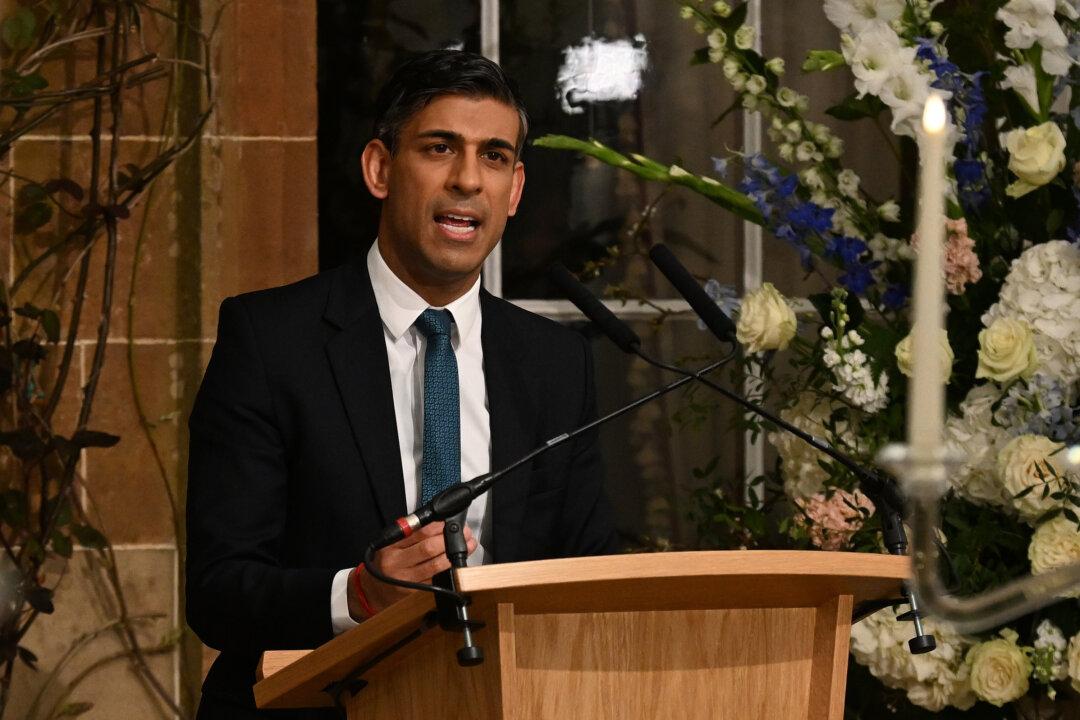The UK government has begun evacuating British citizens from Sudan with Royal Air Force (RAF) aircraft, Prime Minister Rishi Sunak has announced.
More than 420 people—including at least 273 civilians—have been killed in a bloody conflict between the Sudanese army and a powerful paramilitary group known as the Rapid Support Forces, which broke out on April 15.





